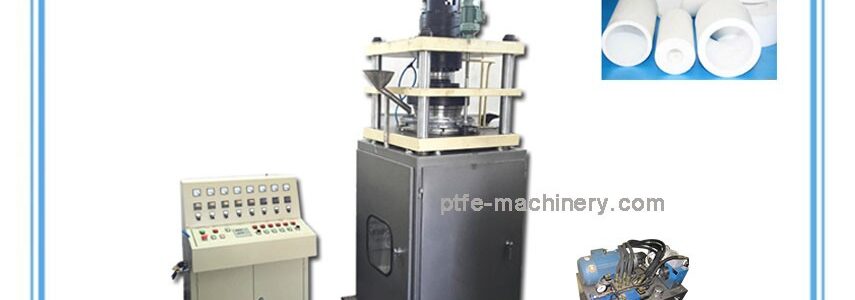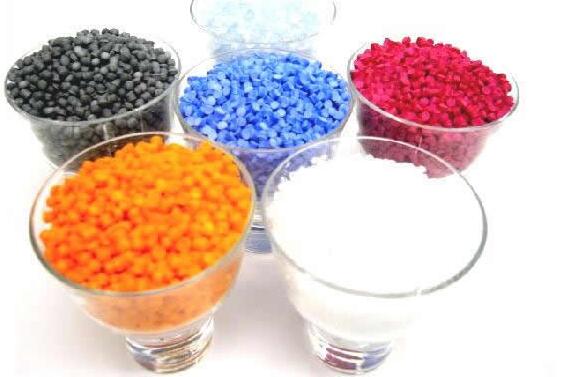Single screw extrusion is one of the core operations in polymer processing and is also a key component in many other processing operations. The foremost goal of a single screw extrusion process is to build pressure in a polymer melt so that it can be extruded through a die or injected into a mold. Most machines are plasticating: they bring in solids in pellet or powder form and melt them as well as building pressure.
A single-screw extruder is a press which pushes material through its barrel under conditions of high pressure and temperature. It can produce objects of different length with a cross-section corresponding to the outlet opening.
Applications
The extrusion process melts the raw material and then hardens it once shaped. It can be applied to ceramics, rubber, thermoplastic polymers, pasta and other food products.
Technologies
These machines have a single screw turning within a cylinder, which is usually smooth. Raw material is fed into the barrel through a hopper and extruded into a die, which gives the material its final shape.
The barrel consists of three main zones: feed, compression and metering. The pressure increase within the extruder and movement of the material through the barrel are a function of screw geometry and the friction of the material against the screw and the barrel walls.
How to choose
Choice of extruder and screw configuration will depend on the material to be extruded.




